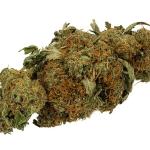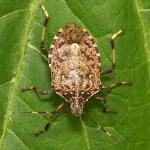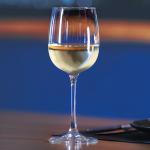Who's trying this with their sweetheart? ❤️🍓🍷
wine
The standard story most people know about “GMOs” centers around a handful of commodity crops engineered to withstand exposure to weedkillers or produce natural insecticides that ward off pests.
With recreational marijuana spreading from state to state, it has been instructive to watch an industry emerge witnessing in real time economic principles and strategies being deployed.
One of our missions at ACSH is to change the media narrative about science and health. Too often, the media publishes "click bait" with the intention of scaring people or promoting a new food fad. That does a disservice to the public.
Unlike human skin or electronic gadgets, aging makes red wine better. The reasons are complex, but they all boil down to chemistry.
You best get your drink on this week, while beer and wine consumption is good for you!
Imagine going to the doctor's office. Noticeably absent are any modern tools -- laptops, DNA tests, X-ray scanners. He likes to do things the old-fashioned way. Medicine was better 100 years ago.
There are two kinds of people in the world: Those who eat bugs knowingly and those who eat bugs unknowingly. Oh yes, you eat bugs. Even vegans eat bugs.
Wine connoisseurs know that there is a big difference between drinking wine from a newly-opened bottle versus from one that has been previously opened. The reason is oxygen.











